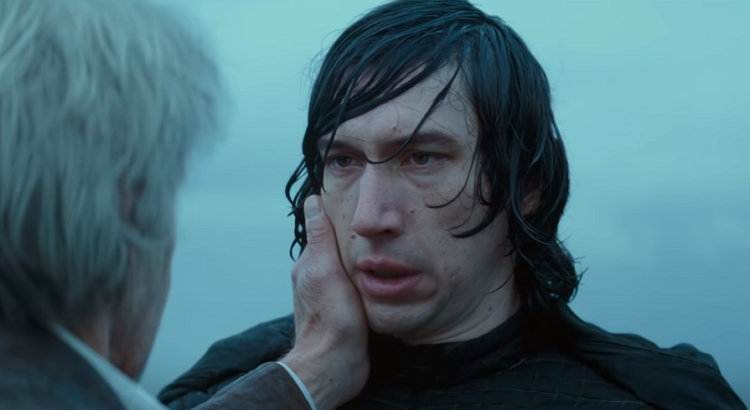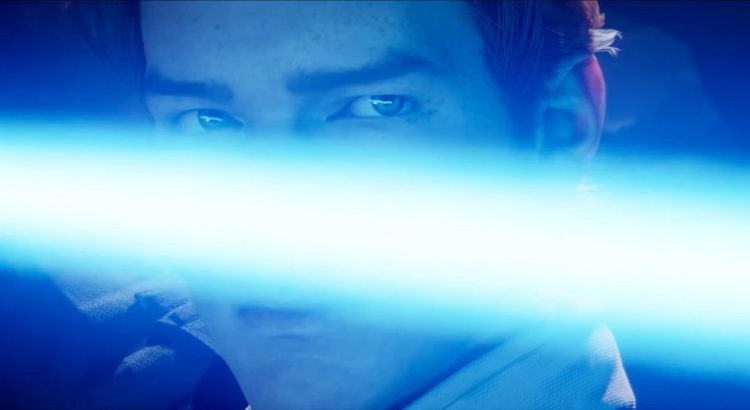One of the most controversial topics when it comes to The Rise of Skywalker is how “Bendemption” turned out; more specifically, the fact that he dies. I was disappointed with Ben’s redemptive arc, but here is the thing: I am more unhappy with how the Star Wars franchise deals with redemption in general than I am with this singular film. I have been noticing more and more that there is a serious lack of accountability and responsibility across the franchise as a whole.
For a franchise about the good and evil within all of us, there is a serious lack of material that grapples fully with the consequences of characters’ dark actions. We see this in The Clone Wars and Star Wars Rebels, in the sequels, even in Darth Vader’s original redemption. This is an issue I have with Star Wars that’s been bouncing around in my head for a few months now and I think we need to be discussing it.
So…let’s talk about Vader. In the context of the original trilogy, Vader’s sacrifice works as a redemptive act because the thing that kills him is also the thing that redeems him. In the context of the original trilogy alone, Vader saving Luke is a selfless act—but this is not necessarily true when you add the context of the prequels and even the extended canon.
It is in Revenge of the Sith, in Vader’s corruption, where the context of new information most impacts Vader’s eventual redemption: now, Vader turns to the light and kills Palpatine for the same reason he turned to the dark side in the first place. He joins to save his wife and child, then leaves to save his now-grown children. When you factor this in, it takes away from the idea that Vader renounces the darkness in favor of the light. To be honest, I don’t hate this change in motivation. I like giving Vader’s decision a little more ambiguity. It makes him being a Force ghost feel more like a second chance and less like him getting to do the thing that Obi-Wan and Yoda worked their asses off for because he killed the guy he had spent the past twenty years plotting to kill.
Read More

